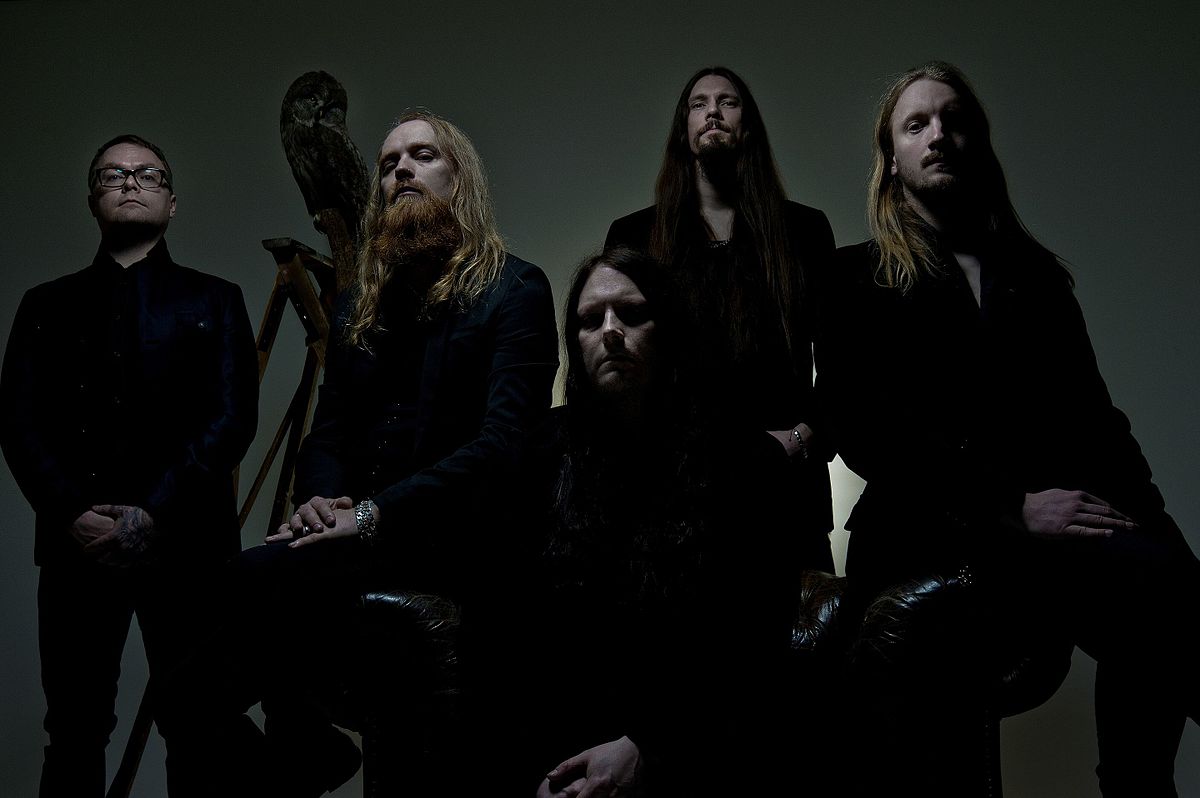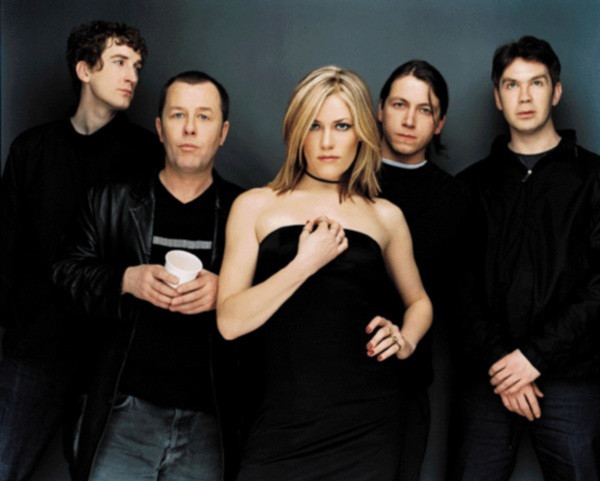This article previously appeared on Crossfader
My dad recently bought a record store, and has been exposed to a lot of music outside his bubble of Tom Petty, Judas Priest, and the Dead Kennedys. It’s been pretty fascinating seeing him navigating his previously uncharted worlds of modern indie music, hip hop, and everything in-between. The most surprising band he took a liking to is Katatonia, a Swedish gothic/doom/progressive metal act that I’ve always found to have a lot of great ambience that they don’t really do anything with. One day, he played their 2003 release VIVA EMPTINESS in the shop for me, and the opening song “Ghost of the Sun” stuck with me and germinated into the idea for this feature, namely how profanity can improve or detract from metal.
Profanity is one of those rhetoric choices that can make a statement more intense, cathartic, or comedic. For a genre like punk music that serves as an outlet for the artists and the listeners’ frustration, “fuck” and “shit” humanize overwhelming, all-encompassing rage into something more succinct and relatable. We all use profanity in real life when we can’t come up with other words to describe the volatile emotions we’re experiencing, as a sort of defense mechanism against the crap that life throws us. This unspoken understanding is the key to the most effective uses of profanity, in music and any other form of art or entertainment. It’s best used sparingly, when there is enough emotional intensity and context to justify it, because its overuse or improper use can make writers seem desperate to shock and provoke. This is the pitfall that “Ghost of the Sun” falls into.


How are there two different bands called Katatonia and Catatonia?
The chorus is as follows: “I trusted you, you lied / It’s all I hear, a fucking lie / I don’t give a shit, it’s over now.” Keep in mind, this is the opening song of the record, so there aren’t enough details surrounding these statements to justify their bluntness. It cuts too many corners in its storytelling, and thus the emotional climax of the chorus lacks the detail to hit with the force it needs to. Furthermore, profanity being used to describe emotions of apathy is inherently dissonant to me; if you’re writing a song about it, then you clearly do give a shit about it. Rather than add to the cinematic dread and morosity the song wants to have, the profanity makes the protagonist a lot more petty and whiny. It might work on something like an AFI or My Chemical Romance album, where the music is to meant to replicate an adolescent mindset that isn’t especially mature yet. However, Katatonia is clearly going for something bigger and more epic than that, and the profanity ironically makes the entire song so much smaller and dumber.
For an example of a gothic-tinged metal act using profanity well, check out A Perfect Circle on “Judith,” with their proclamation of “Fuck your God / your lord and your Christ.” The use of profanity here makes the statement more attention-grabbing in its fortitude, rather than seem out-of-place in describing the singer’s emotional state. It’s also the only use of “fuck” on the entire record, so the language choice allows this moment of righteous anger to stand out. The rest of the song is detailed and lyrically imaginative to justify the one moment where you peek behind the curtain of text to see the simple, visceral subtext. It’s a formula they repeat on a recent single, “The Doomed,” where all the critiques of religion are succinctly summed up with the final proclamation of: “Fuck the Doomed, you’re on your own.”

Too bad the album cover doesn’t have the same subtlety
Especially in more progressive forms of metal, listeners should be overwhelmed by its loudness or other-worldliness. It shouldn’t need profanity to do that, and often a random f-bomb distracts from the sonic assault. There needs to be a specific, thought-out-purpose to the profanity beyond not being able to find another word to use. The example that stood out to be the most to me was Nine Inch Nails’ WITH TEETH, a record that is framed like you’re voyeuristically reading a page of Reznor’s diary. When he struggles with his own perception of reality on “Only,” the chorus of, “There is no fucking you, there is only me” is as much a defense mechanism as it as a confident boast. The vocal performance, repetition of certain lines, and surrounding walls of industrial guitars indicates that this is a constant fight going on in the deepest recesses of his mind, and it’s understandable that his inner-most anguish would involve the rawest possible emotional expressions, such as profanity. For a more extreme example, check out the dizzying prog-metalcore of Dillinger Escape Plan and the opener to ONE OF US IS THE KILLER, “Prancer.” In a typical DEP grab-bag of abstract, violent imagery, the song’s themes of self-determination and evolving beyond molding yourself after others are brought to a conclusion by the macho posturing of, “Fuck you now try to disbelieve it.” It’s a powerful opening statement that sets the tone for the rest of the album, and really their career as a whole. Dillinger Escape Plan are here to do what they want, no one can say anything to change that, and a little profanity is thrown in to help dispel any chances of that changing.
I’m glad my dad played that Katatonia song for me, because I’ve found myself questioning language usage while I’ve been frustrated by my limited vernacular that I copy and paste for every review and assignment. Even in real life, I’ve caught myself cussing when there is no real reason to do so. In metal, a misplaced “shit” or “fuck” is even more glaring due to how the huge, crushing guitars and throat-shredding screams that convey all the intensity you need. There are many epic metal instrumentals or stretches of songs where there are no lyrics because the music should be expressive and mighty enough that profanity isn’t needed to convey the world-shattering emotions. In metal and real life, I wish we could expand our language and relegate profanity to the moments where it is properly contextualized, built up to, and most of all, earned.
















Comments